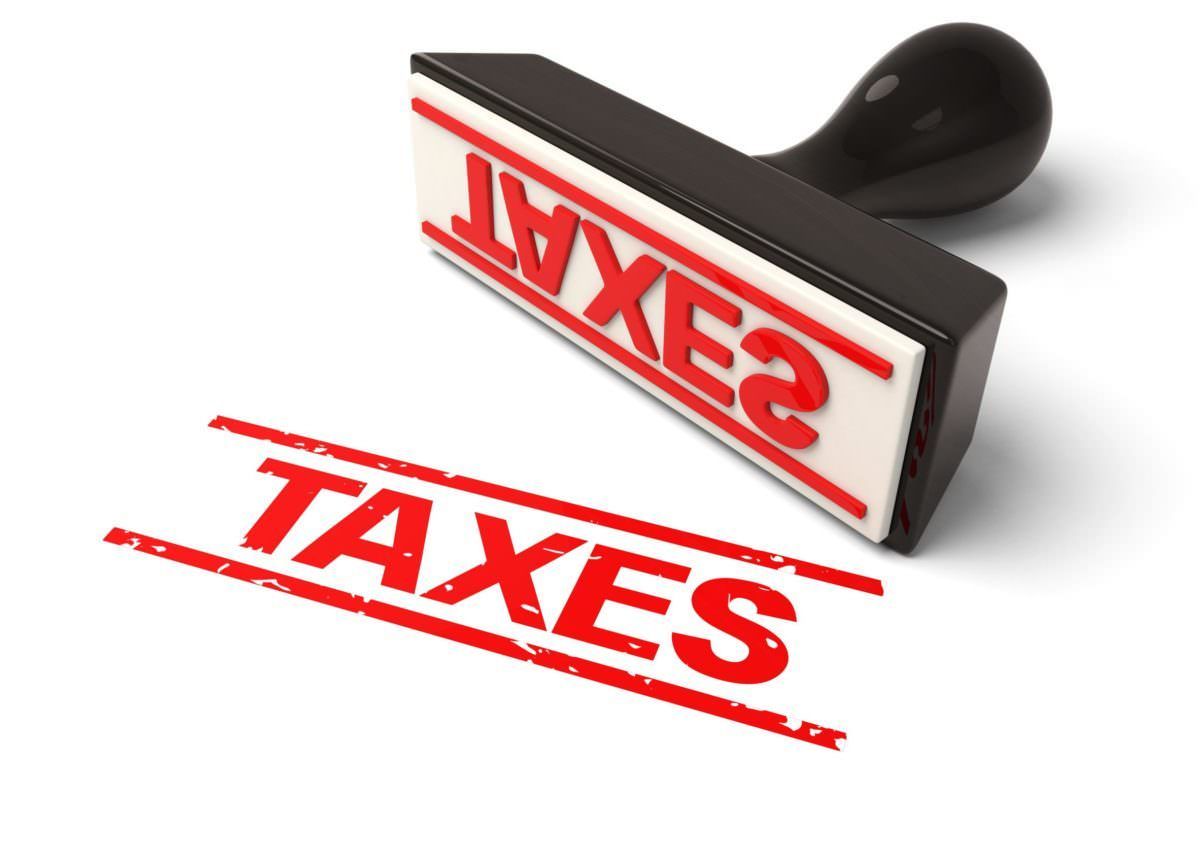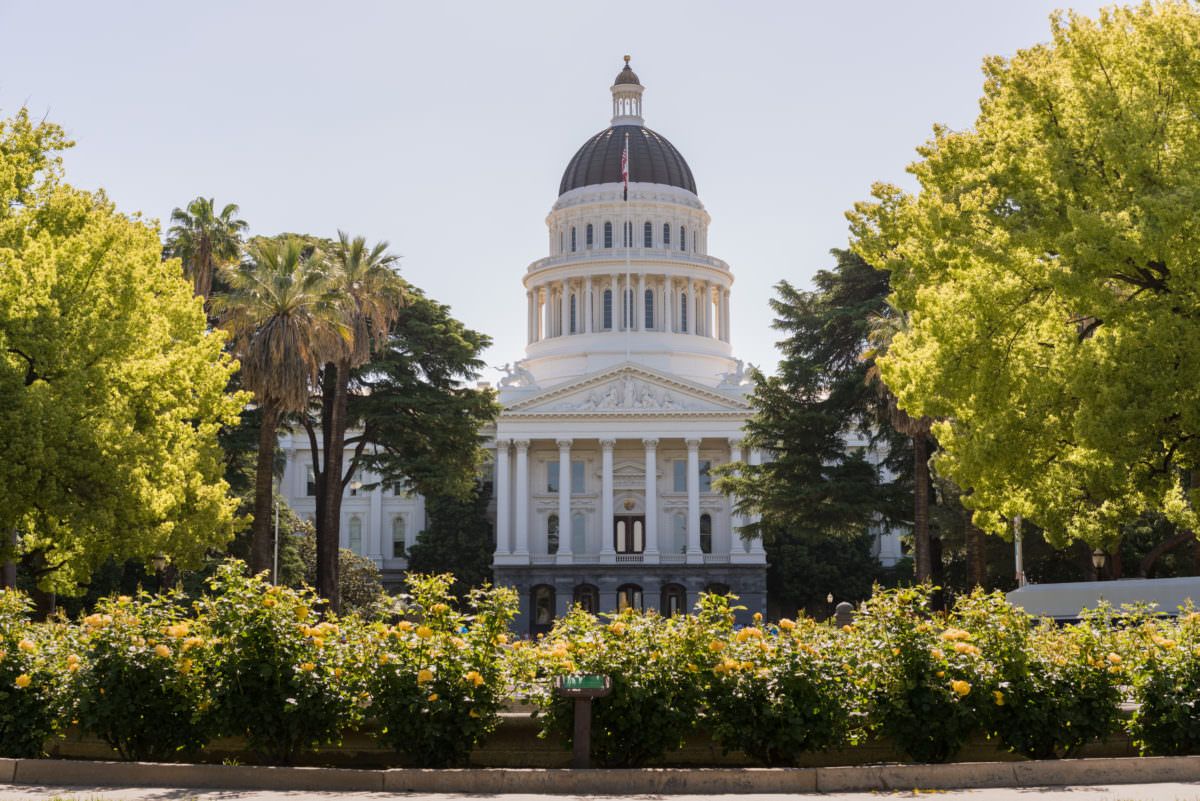Flurries of meetings and negotiations have occurred behind the scenes in Sacramento since California announced a cannabis tax increase last month.
The stakes surrounding these discussions – all aimed at lowering the marijuana industry’s tax burden – are nothing less than the survival of the state’s legal marijuana market, according to some industry watchers.
Representatives from multiple cannabis companies and trade organizations spoke with staffers in Gov. Gavin Newsom’s office, the California Department of Tax and Fee Administration (CDTFA) and multiple state legislators with the aim of shoring up political support to lower tax burdens on legal marijuana businesses.
Among the proposals floated were:
- Asking Newsom to order the CDTFA to cancel the tax increase.
- Persuading the agency to postpone the tax hike.
- Discussing prospective legislative measures to either simplify state cannabis taxes, lower them or both.
“We’re trying everything we can,” said state Assembly Member Tom Lackey, a Republican from Palmdale who sponsored unsuccessful bills in 2018 and 2019 to temporarily lower California’s marijuana taxes.
The lawmaker sent a letter to the CDTFA after the tax increase was announced to request more information about how and why the agency calculated the increase was necessary. But, as of last week, he had received no response.
Lackey said if the tax increases announced by CDTFA are allowed to stand through 2020, it’d sound a “death knell” for California’s legal marijuana industry.
Various options
Perhaps the biggest question mark in the tax equation is what the governor will do.
Newsom spokeswoman Nicole Elliott tweeted in late November that the governor is “sympathetic to the challenges faced by legal cannabis operators” and wants to work with stakeholders.
Industry insiders said they’ve received support from the Newsom administration but no firm policy position commitment yet.
“Things are changing every day, but I’m feeling cautiously optimistic that we can get something done” on marijuana tax reform in 2020, said Amy Jenkins, lead lobbyist for the California Cannabis Industry Association (CCIA), which outlined its concerns in a recent letter to Newsom.
“There have been a lot of signals from both the administration and the Legislature that they’re committing to do that.”
But the question remains what will be done – and in a timely manner so legal businesses don’t start failing or laying off employees.
Lackey and others speculated Newsom may have the power to order the CDTFA to either delay the implementation of the tax increase or to cancel it altogether.
Perfect Union – a vertically integrated cannabis company that has dispensaries in Sacramento and Marysville – sent a letter of its own to Newsom pleading for tax relief.
“Ultimately, the governor is in charge of the CDTFA and oversees it,” said Caity Maple, vice president of government affairs for Perfect Union.
“The governor has the authority to go in and say … ‘We’ve decided as a state that we’re either going to postpone this or for now cancel this.’”
Elliott, however, said that’s not an option, and pointed to laws established by both Proposition 64, which legalized growing, selling and possessing marijuana for recreational use in California in 2016, and Senate Bill 94, which brought the state’s medical and recreational programs under one umbrella in 2017 (the Medicinal and Adult-Use Cannabis Regulation and Safety Act).
“The governor is not given carte blanche to simply ignore these legislative mandates, and it is a dangerous precedent to suggest he do so,” Elliott wrote in an email to Marijuana Business Daily.
She said the best way to address the issue is through the Legislature.
Jerred Kiloh, president of the United Cannabis Business Association (UCBA), said he’d received the same message from both the governor’s office and from talks with CDTFA Director Nick Maduros.
“(Maduros) was like, ‘The only way you can do this is through legislation.’ And that’s kind of what the governor’s office is saying, too,” Kiloh said. “We’re going to have to do legislation that’s going to override (current state law).”
Legislative fix?
Moving a tax bill through the state Legislature could take up to nine months, Kiloh estimated, and in the interim, companies could continue to lose money and possibly go under.
He suggested the conversation should shift to conflicting mandates within Proposition 64, which established the current tax structure but also required that the state eliminate the unlicensed marijuana market.
“If there’s a statute that says, ‘You can’t (enlarge) the illicit market,’ and you have a statute that says, ‘You need to charge us 15% (in excise tax),’ which one supersedes the other?” Kiloh said.
“We need to start looking at each of these provisions and ask, ‘Why does this tax supersede the intent of this law to stomp out the illicit industry?'”
Some industry watchers say the next step likely could involve a tax-reduction bill, either from Lackey or another industry ally such as Oakland Democrat Rob Bonta.
That could take the form of a temporary tax reduction – which both Lackey and Bonta have previously proposed.
Or it might entail a radical restructuring of California’s marijuana tax system to include a single tax collected at the retail point of sale – an idea some stakeholders are already pushing.
However, any stand-alone tax reduction bill would need to meet the tough threshold of two-thirds support in both chambers of the state Legislature.
If that doesn’t gain traction, then a marijuana tax reduction could get worked into the state budget, a process over which Newsom has a lot of control.
Jenkins, the CCIA lobbyist, also reiterated that a highly anticipated report on state cannabis taxes from the Legislative Analyst’s Office is due in mid-December, which could provide even more ammunition to persuade lawmakers to ratchet down taxes.
Jenkins said there’s “more appetite for tax reform this year than ever” inside the Capitol. CCIA has made the case to Newsom’s office and legislators that the legal marijuana industry is on the brink of failure, she added.
“We’re talking about layoffs, the fact that the industry has constricted pretty significantly, the fact that capital is drying up,” Jenkins said. “The industry is really struggling … and I think there’s a recognition of that finally among the majority of our legislators.”
John Schroyer can be reached at johns@mjbizdaily.com







